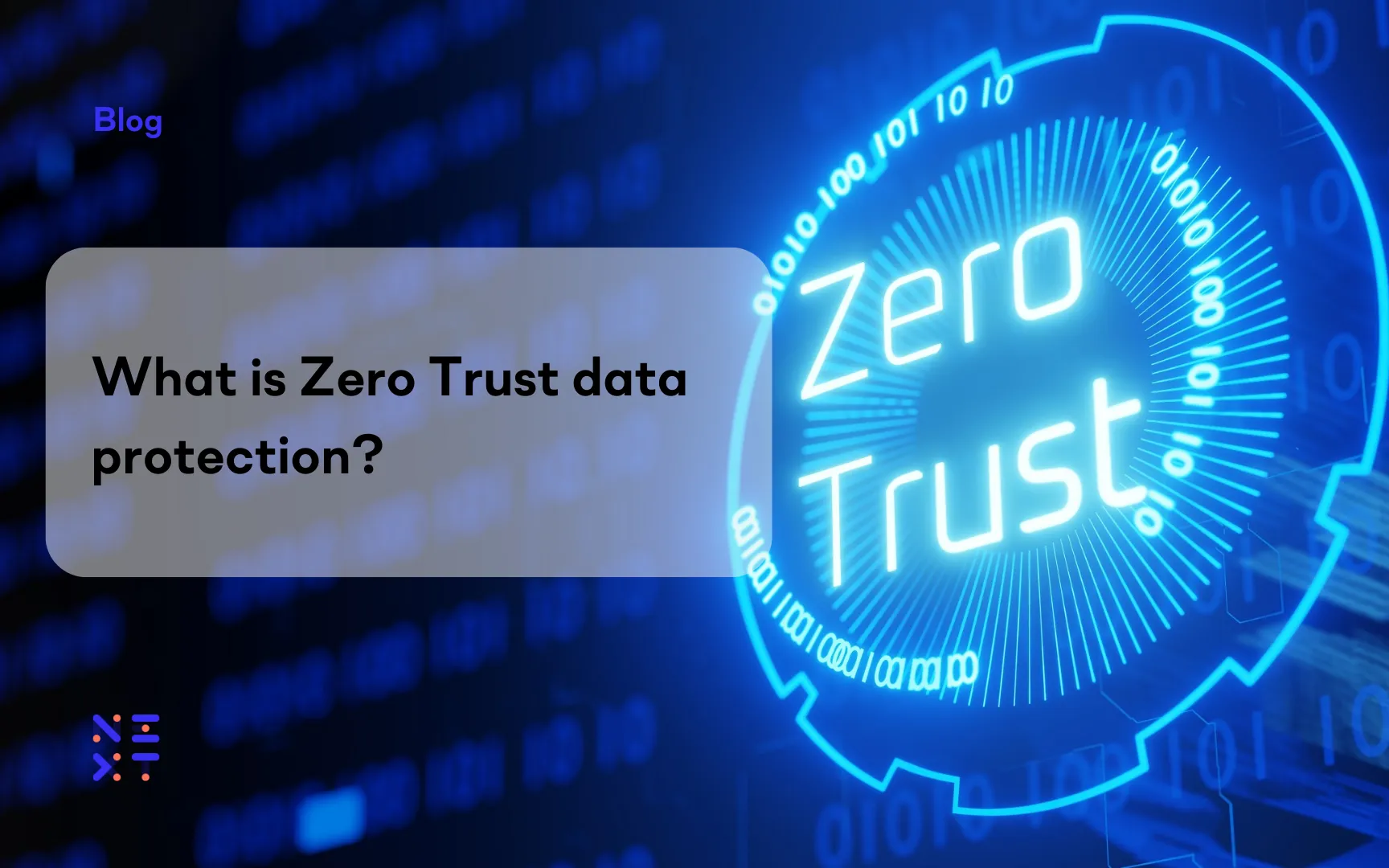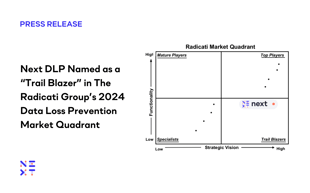Fortinet Acquires Next DLP Strengthens its Top-Tier Unified SASE Solution
Read the release
The European Union’s General Data Protection Regulation (GDPR) is legislation that consolidates existing data privacy laws among member nations. Effective on May 25, 2018, the seven core principles of GDPR are designed to protect the privacy and security of EU citizens’ personal data.
In this article, we’ll review:

Photo by Glenn Carstens-Peters on Unsplash
The seven core principles of GDPR represent the general principles for privacy. All the data processing and data protection requirements set forth by GDPR are tied to one or more of these core principles.
We’ll discuss these principles in more detail later in this article, but they include:
Before delving into the details of the seven core principles, we need to define some terms used in the GDPR. These terms differentiate the roles and responsibilities of entities involved in the collection and processing of the personal data of EU citizens.
GDPR defines numerous terms that organizations need to understand to ensure compliance with the regulations. Failure to work within the parameters of these terms risks noncompliance and substantial financial penalties. Meta was recently fined $1.3 billion as the result of the inappropriate transfer of EU personal data to the United States for processing.
The following essential terms are defined in the GDPR.

Photo by Myriam Jessier on Unsplash
The following seven core principles form the foundation of GDPR data protection. Companies involved in collecting, storing, and processing data subject to GDPR must follow these guidelines to be compliant with the regulations.
The collection of personal data must have one of these purposes to be compliant with GDPR. The collected data cannot be used for any illegal purpose. Data can only be collected when:
This principle mandates that data subjects understand why they are being asked for personal information and how it will be used by the collecting organization.
Data controllers need to collect the minimum amount of data to serve their purpose. The collected data must be adequate, relevant, and limited to the purposes defined by the data controllers. Additional personal data cannot be collected with the expectation that it will be useful at some later date.

Photo by Scott Graham on Unsplash
GDPR requires organizations to implement processes that ensure the accuracy of the data they collect and process. Under GDPR, data subjects have the right to correct inaccuracies in their collected personal information.
Personal data should only be stored for the length of time required to fulfill the purposes of the data controller. Businesses must justify the timeframe for which they want to retain collected data. Keeping the information longer than necessary is noncompliance. Data can be kept for extended periods for archiving, research, and statistical analysis.
This principle requires appropriate security measures to be in place to restrict the unauthorized use of personal data through data breaches and ransomware. Data must also be recoverable if lost or destroyed.
The final principle demands accountability from entities processing personal data. These entities need to have measures in place to meet compliance standards and be able to produce documented evidence when necessary.
Data loss prevention (DLP) solutions automate the enforcement of an organization’s data handling policies. A DLP platform can be instrumental in preventing the unauthorized use or disclosure of sensitive personal data subject to GDPR protection. Deploying an effective DLP tool can be the difference between GDPR compliance and noncompliance.
The Reveal Platform by Next offers customers a proactive compliance solution that addresses the challenges of effectively protecting sensitive information. For starters, the tool leverages next-gen endpoint agents that identify and categorize data at the point of risk.
Protect against insider risk by educating and involving your employees.
— Next DLP (@Next_DLP) June 15, 2023
Reveal educates employees at the point of risk, with adaptable security measures and real time training.
Learn more about Reveal here: https://t.co/dgzGiVTgH1
Reveal also employs advanced machine learning technology to differentiate between typical and abnormal behavior and provides user training at the point of risk to assist in developing a security-conscious workforce.
Get in touch with Next to see how Reveal can help your company comply with GDPR or book a demo to see this valuable data protection solution in action.
No, the GDPR does not protect U.S. citizens. Its protections only apply to citizens of the European Union. Companies located anywhere in the world that collect and process personal data on EU citizens are required to comply with GDPR.
All 27 members of the European Union have an individual data protection authority (DPA) responsible for investigating complaints regarding GDPR. The DPAs are independent public authorities that also offer expert information to assist companies comply with the regulations. DPAs have the power to levy fines against non-compliant entities.
The right to erasure, also known as the right to be forgotten, gives individuals the right to have their personal data erased by a data controller. The right can be exercised by a data subject if any of these conditions apply:

Blog

Blog

Blog

Blog

Resources

Resources

Resources

Resources

